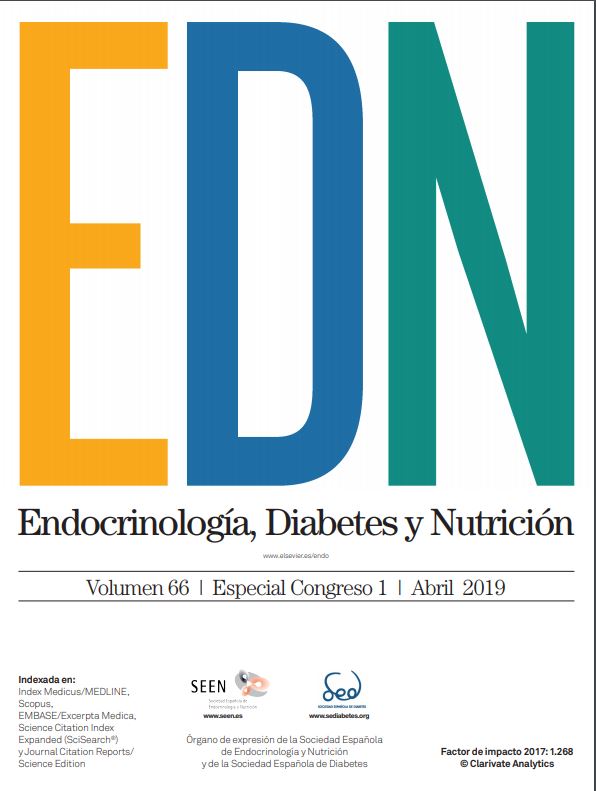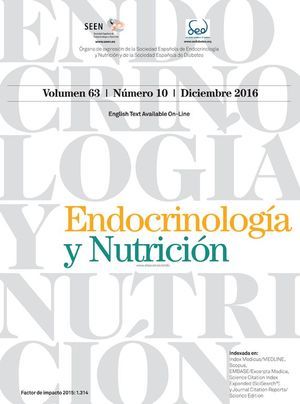P-186 - METABOLIC SYNDROME, INFLAMMATION AND MICROBIOTA
aHospital Universitari Doctor Josep Trueta, Girona. bUniversidad de Valencia, Valencia.
Introduction: Gut microbiota composition has been associated with metabolic disorders, including metabolic syndrome, in animals and humans. There is a paucity of information regarding which microbiota is potentially beneficial/detrimental regarding its influence on the development of metabolic syndrome.
Objectives: The main aim was to evaluate the gut microbiota composition associated with metabolic syndrome. Secondary objectives were: a) to analyze the composition of microbiota in individuals with and without obesity depending on the presence of metabolic syndrome; b) to evaluate the composition of microbiota in individuals with subclinical inflammation depending on the presence of metabolic syndrome; and c) to determine which factors (age, gender, obesity, inflammation, metabolic syndrome and diet) were independently associated with the gut microbiota composition.
Methods: This was a cross-sectional study in 131 patients recruited between January 2016 and October 2017 (age range 27 to 67 years). Nonparametric Spearman correlations were used to determine association between quantitative variables. Two kinds of stepwise multivariate linear regression were performed to assess the association of clinical, anthropometric, laboratory, dietetic parameters and metabolic syndrome with the microbiome.
Results: Significant differences in the microbiota were found between patients with and without MetS. After Bonferroni correction, there was a trend (p < 0.01) towards differences in the relative abundance (RA) of bacteria belonging to Candidatus Atribacteria, Chrysiogenetes, Lentisphaerae, Planctomycetes and Tenericutes phyla according to the presence of metabolic syndrome. The RA of Candidatus Moranbacteria, Tenericutes, Thermotogae, Candidatus Omnitrophica and Spirochaetes was associated with decreased BMI and decreased markers of chronic inflammation in subjects without metabolic syndrome.
Conclusions: Human intestinal microbiome is associated with some components of the metabolic syndrome. This information might be useful in the prevention of its development.
*María Arnoriaga y Alba Hernández contribuyen en el abstract.







